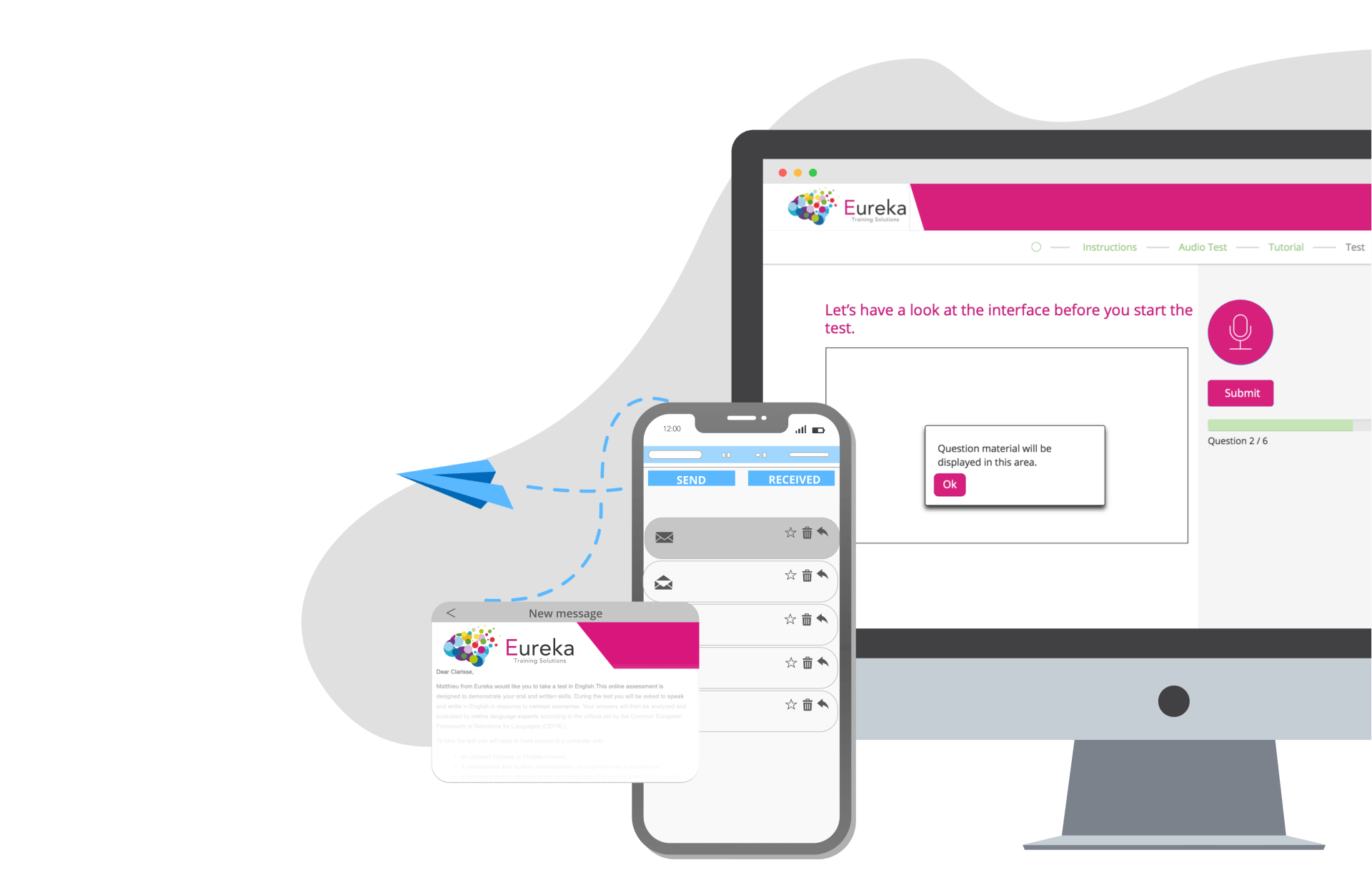First, multilingualism doesn't just mean linguistic competence, it also infers soft skill capabilities.
Even if you’re applying for a position that doesn’t specify multilingualism as a requirement, it’s encouraged to still list the languages you are fluent in, on your resume. For example, if you're looking for a client support role, being able to validate your language competencies is an advantage. Language is all about the skill of communication, thus your ability to communicate in several languages can potentially validate other soft skills directly linked to communication, such as the ability to listen, understand, and respect other cultures.
Second, your opportunities can be endless.
The New American Economy March 2017 report recorded that between 2010-2015, the demand for bilingual workers was on the rise, particularly the demand for a select few languages. With the growing rate of technology, businesses are becoming more global, thus creating the opportunity to communicate with non-natives more common.
If you're a student who has had the opportunity to study abroad, highlight some of your particular experiences while overseas to include in your resume. Global expriences like these can be helpful to, and very useful for, headhunters.










